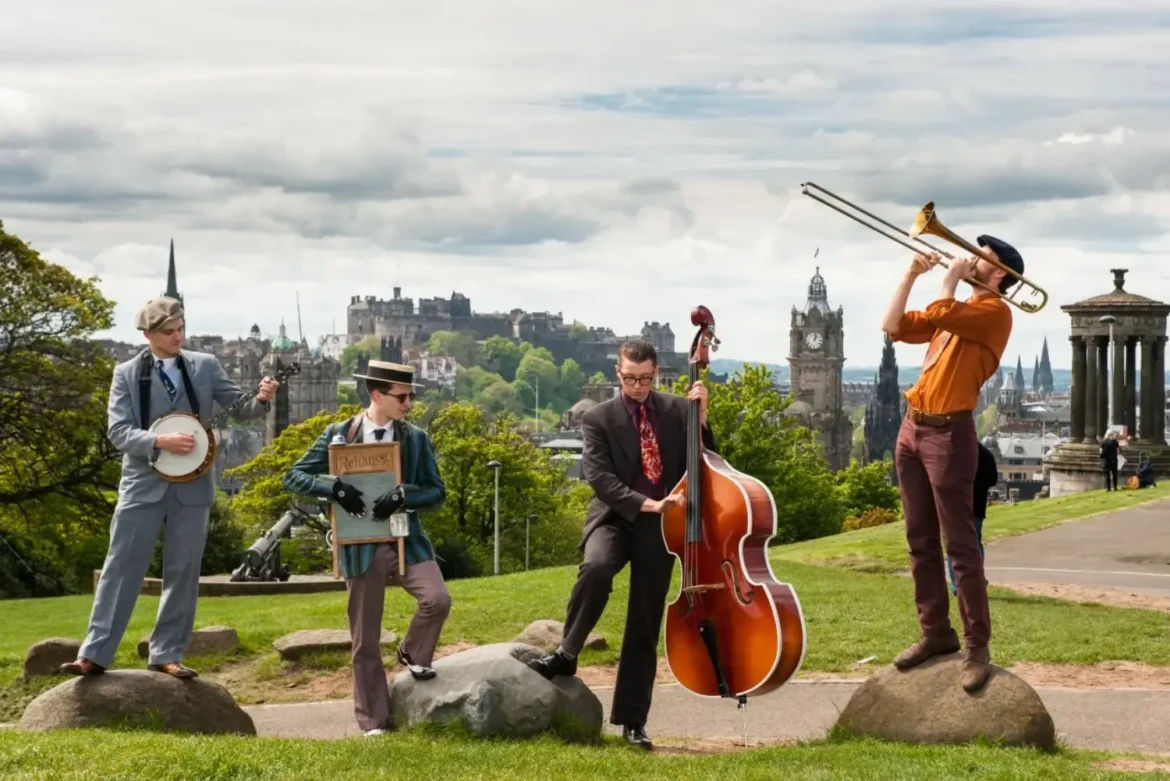Music has always been a defining element of British culture, influencing genres and trends around the world. From classical compositions to modern pop and rock, the UK has produced artists and movements that have shaped global musical landscapes. Iconic bands, including The Beatles, Queen, and Led Zeppelin, left an indelible mark on popular music, while composers such as Edward Elgar and Benjamin Britten contributed to the country’s classical heritage. Music festivals, live performances, and vibrant local scenes continue to nurture creativity and bring communities together.
The evolution of British music reflects both historical and contemporary influences. Traditional folk music, rooted in regional culture, coexists with modern genres like grime, electronic, and indie rock. Each style tells a story, capturing social change, regional identity, and cultural exchange. From Liverpool’s Merseybeat to London’s jazz and club scenes, musical diversity thrives, offering audiences a rich variety of sounds and experiences. Music in the UK serves as both entertainment and a reflection of society’s evolution over time.
Live performances remain a cornerstone of British music culture. Venues ranging from grand arenas to intimate clubs host concerts that cater to all tastes. The Glastonbury Festival, one of the world’s largest and most famous, combines performances, art, and community engagement, drawing thousands of visitors annually. Smaller festivals, pub gigs, and university concerts create platforms for emerging artists, ensuring that music continues to evolve while maintaining its connection to local communities.

